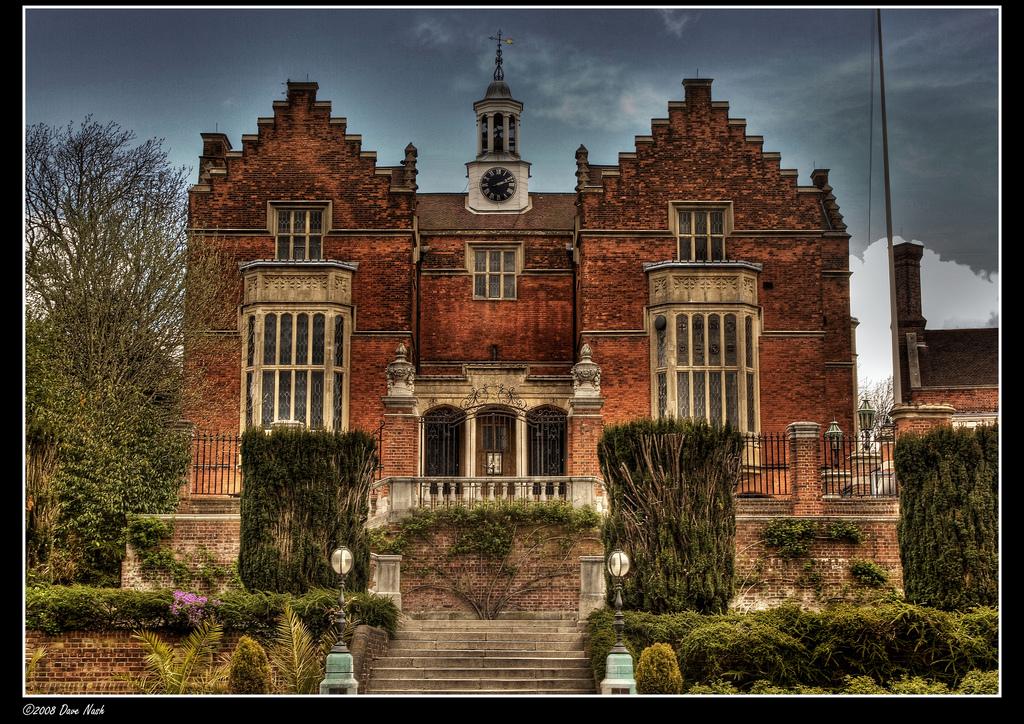Listening activity: Attending a Public School

Charlie - Public School Student
What Would Charlie Answer?
Charlie visited a Norwegian school class in 2008. In advance, the class had made up these questions for him. Based on the information given in the interview, answer the questions for Charlie.
- Why did you choose to attend a public school? Do you think it is better than state schools?
- Do you live at your school? Is it an all boys’ school or are girls allowed as well?
- What is the biggest difference between your school and this school?
- Are the teachers strict? Do you have better teachers than state schools?
- Is it difficult to spend so much time away from your parents? How do you think most of you feel about it?
- How much does your family have to pay for your school attendance?
Discussion
- Why do you think the public schools traditionally just accepted boys and why do you think some of them are still all-boys’ schools?
- What kind of qualities do you think are required to become a house captain?
- What do you think about living in a boarding house with 70 fellow students?
- What do you think about private schools and their advantages and disadvantages?
- Do you think Harrow School seems like a strict school?
Research
Study Charlie’s school on the following website: Harrow School
- How does the school try to convince potential students and parents that Harrow is a good school?
- What kind of extracurricular activities does the school offer?
- What is today’s treat for supper? What do you think about the food the school is offering?
- How does the school explain their academic success?
- Study the website. Then prepare a guided tour for a new boarder at Harrow’s. What would you like to tell him?
- Make a table listing the major academic curriculum for each of the 5 years.
Write a Reflection Note
The upper secondary class was asked by their teacher to make a reflection note about Charlie’s visit. The purpose of reflection writing is to provide you with an understanding of your own learning process.
A reflection note is personal and may include
- a description of what happened
- how you felt about it
- what you thought about it
- what you learnt from it
The following are excerpts from the students’ reports:
- I learned the difference between public and state school. In public schools, you have activities at the school, like sports, theatre, art and other extracurricular activities.
- For me, the activities in school sound like a good idea. And the teachers have more time, and that is also great. But the pressure is big, and that is not going to work for me. They also have to go to church one time a week. So I could not go there, but it sounds O.K.
- Of course there were some shocking details (like the price for attending Harrow) which is a little out of my league.
- I found listening to his dialect very interesting. Don’t know why, but I found it interesting.
- I know myself quite well, so I know that I would never be able to live at the school for so long, away from my parents at the age of 14.
After listening to Charlie and working with this material, try to write down your impressions.
- What do you think it is like to attend a public school in the UK?
- How do you respond to what Charlie tells you about Harrow?
- Would you like to attend a public school yourself?
- How is it different if you compare with your school?
- What have you learned about public schools?
Relatert innhold
Public schools (also called Independent Schools) are private schools, although the name public actually means the opposite for people in general.